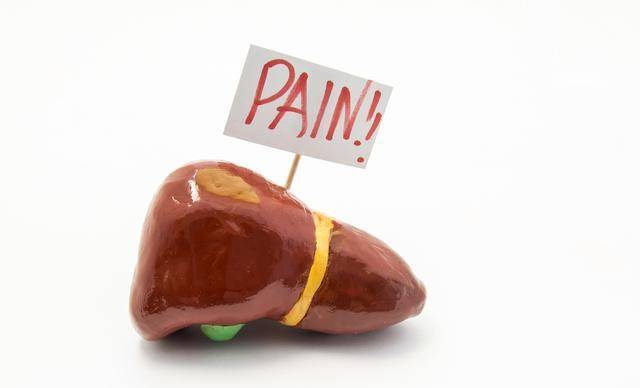To maintain a healthy state, it is advisable to reduce the burden on the liver appropriately, as the liver is prone to fat accumulation. Unhealthy lifestyle habits can lead to fat infiltration in the liver, damaging liver cells. Waiting until severe fatty liver sets in to make adjustments increases the difficulty and poses risks of other problems. Therefore, understanding the correct lifestyle and adhering to it are essential to staying away from diseases.
What are some good methods to improve fatty liver?
1. Drink less alcohol
Although fatty liver is a reversible disease, it should not be underestimated as it may continue to develop. If one can reduce alcohol consumption after the disease appears, it may help reduce the burden on the liver. Some individuals have alcohol dependency and frequently engage in drinking alcohol, which, although temporarily pleasurable, brings significant hazards that are hard to bear. Under alcohol influence, liver cells can undergo degeneration and necrosis, increasing the risk of alcoholic liver disease and fatty liver.
Excessive alcohol consumption on top of existing diseases may lead to cirrhosis. Thus, it is crucial to strictly avoid alcohol consumption in liver care to reduce liver metabolism stress for disease prevention and maintain overall health.
2. Reduce calorie intake
Fatty liver is a type of liver disease related to excessive obesity. To reduce the burden on the liver and maintain a balanced body shape, it is essential to maintain a stable weight within the optimal range derived from standard weight calculation formulas based on one’s height. Only by keeping weight within a stable range can one display good health.
However, some individuals continuously indulge in high-calorie diets, consume excess fats, sweets, and other high-energy foods without controlling their weight through regular exercise. This inadvertent behavior can lower liver function, increase obesity, and raise the risk of disease. Conversely, those who properly regulate their bodies control their diet by consuming necessary nutrients and reducing intake of high-calorie foods.
3. Increase exercise
Patients with fatty liver should also engage in exercise to reduce the burden on the liver, as energy is needed during physical activity. Excessive fat and carbohydrate substances can be converted into energy, burning fat to maintain a balanced body shape. Individuals who do not exercise for prolonged periods may experience negative health effects due to lack of physical activity.
In addition to the potential decrease in physical fitness, there is an increased risk of obesity, leading to a higher likelihood of fatty liver. The key is to maintain a balanced body shape, complemented by effective exercise to enhance physical fitness. During exercise, attention should be paid to intensity, duration, and consistency.
4. Proper medication
For those with fatty liver affecting overall health, medication administration should be carefully considered. Some individuals may have pre-existing conditions requiring medication but lack proper understanding of dosage adjustments and course management. Irregular intake of medication can inadvertently increase liver and kidney pressure, potentially causing fatty liver or drug-induced hepatitis. To prioritize health, understanding the correct medication usage for improving existing conditions is crucial to ensure safety. #HealthyLiving#


